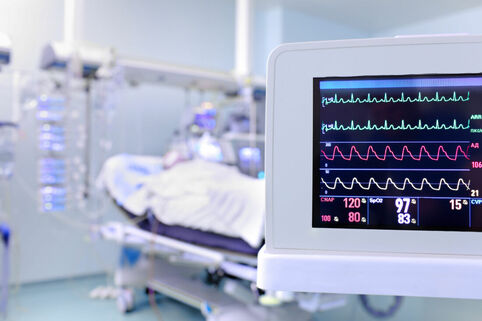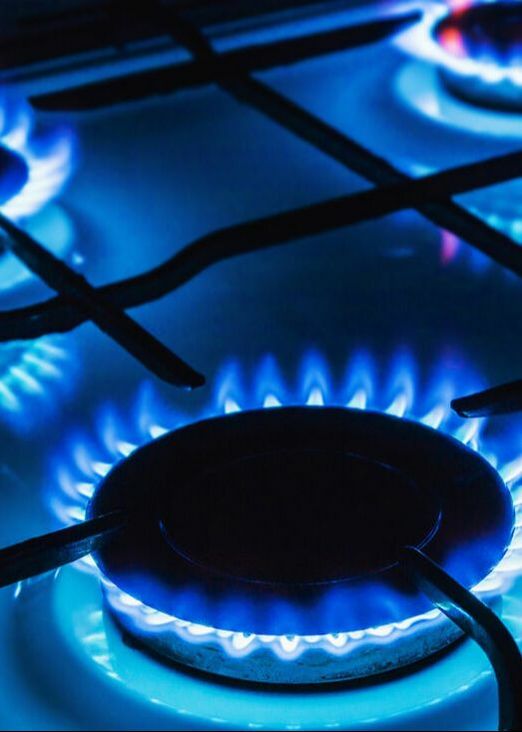Natural Gas Safety For Hospitals
Natural Gas Is Mission-Critical For Critical Infrastructure
|
Hospitals by their nature are energy-intensive; they are always open and have thousands of people going in and out of them every hour.
And about 23% of the energy needs of a large proportion of US hospital are derived from natural gas - used in heating, laundry, water heating and cooking. Additionally, during emergencies, natural gas-powered generators provide back-up electricity that keeps hospitals running. |
Some Of Our Hospital Clients:
|
The Importance Of Natural Gas Safety For Hospitals
|
Ordinarily, natural gas is not only efficient for energy generation; it is also safer than other sources of energy:
Given the nature of service they provide, hospitals need to maintain the highest level of natural gas safety, since there are people who will be unable to move during an accident, including:
|
Click to download your copy
|
Natural Gas Safety Guidelines For Hospital
- Due to the complexity of the gas systems in the hospital facility, it is important to engage a competent company that is properly certified to carry out Gas Leak Survey & Maintenance.
- The hospital should draw up a natural gas safety program or have one designed for it. It should include a comprehensive analysis to identify issues, address potential problems, and recommend the proper policies and procedures to put into place.
- Keep a strict maintenance schedule on all systems, redesigning and re-piping where necessary. Also us Cathodic protection to prevent corrosion on the outside of pipes.
- Deploy the following safety devices:
- Seismic Natural Gas Shut-Off Valve: the hospital system comes equipped with manual shut off valves in case of emergencies. However, these valves may not be accessible in time or at all during and after earthquakes. Seismic Shut-Off valves will cut off gas supply if an earthquake of significant proportion occurs.
- Excess-Flow Valve: will close or restrict gas flow if underground pipes are damaged or there is unusual flow.
- Smoke Detectors: for early detection of fire before it becomes unmanageable.





